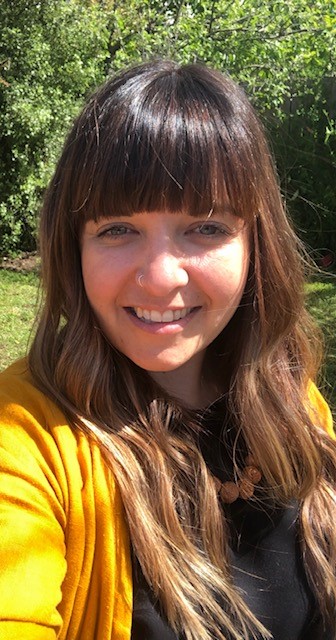What’s your name and where do you work?
Alison Hodak, sometimes known as Allie. I now work with the OTA based in Canberra
What’s your role in the DonateLife network/OTA?
My role is Director of Clinical Programs Delivery.
Brief explanation of your role
A recently developed role that focuses on leading and supporting the Clinical Programs Team to deliver key national initiatives to support the DonateLife Network and the broader clinical sector in the delivery of the National program for organs and tissue donation for transplantation in Australia.
What do you love about your role?
Having worked in the donation sector for many years, I am passionate about organ donation and transplantation. The impact we as health professionals can have on families and recipients in crucial moments in their lives is something I love about this sector.
What’s a work-related accomplishment that you’re really proud of?
I am proud of the range of work opportunities I have taken and the impacts I have made on various areas within health particularly in Intensive Care. Making an impact and supporting people I work with or lead and seeing those positive flow on effects is definitely something I have been proud of.
What was your first job?
Pizza spinner
Are you an early bird or a night owl?
Early bird
Are you a dog person or a cat person (or neither)?
Definitely a dog person, Chandler is our Bernese Mountain Dog who has relocated to Canberra with us
If you could choose a superpower, what would it be?
Elemental superpowers- This would allow me to work with all elements; air, water, fire and earth. The options would be endless, climate change or manage my garden
If you could only have three apps on your smartphone, which would you pick?
Google Chrome app, camera and social media
What’s your favourite sport to watch and which team do you barrack for?
MotoGp - Valentino Rossi of course
What’s one hobby you’d love to get into?
Running a hobby farm, just need to find the piece of land
What’s the top destination on your must-visit list?
Having seen a lot of Europe, I would really love to visit South America or head up to Canada and Alaska. Although I always feels like I’m home when I visit anywhere in Europe.
What’s your go-to karaoke song?
Varies on a daily basis :)
Back to top


